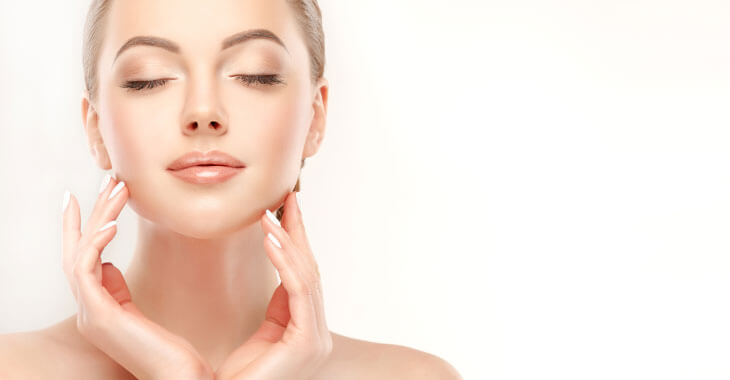Can Teenagers Have Rhinoplasty?
Rhinoplasty, or the “nose job”, is still one of the most commonly performed plastic surgeries for cosmetic enhancement of the face. Since the nose is such a prominent feature, the size and shape can affect the entire appearance of a person’s face. Teens that have a larger or misshaped nose are particularly self-conscious and often plead with their parents to have rhinoplasty performed. But there are factors to consider before undergoing rhinoplasty on a young person, especially in the teen years.
Can teenagers have rhinoplasty? The short answer is yes, if they are healthy and at least 15-17 years of age. However, there are important factors that both the teen and parents should take into account. First and foremost, rhinoplasty is surgery, which should never be taken lightly. Although the procedure is safe when carefully performed by quality, experienced facial plastic surgeon, it still has risks like any surgery. It is important to discuss the risks with your surgeon and after care precautions.
Other factors to consider are how this change in appearance will affect the teens life. While rhinoplasty can positively alter the shape and size of the nose, it is a permanent change that they will need to live with for the rest of their life. There is also a recovery time that must be considered. Most teens that undergo this surgery have it performed during a longer school break such as summer when they will have ample time to recover.
If you are teen or have a teen that is a candidate for rhinoplasty, take the time to find an experienced plastic surgeon that specializes in completing this procedure. Schedule a consultation to discuss the options available and learn more about the benefits and risks involved.
Posted on behalf of:
Beverly Hills Center for Plastic & Laser Surgery
120 South Spalding Drive #236
Beverly Hills, CA 90212
(310) 288-0641
The information provided on this website, including text, graphics, images, and other materials, is intended solely for informational purposes and should not be used as a substitute for professional medical advice, diagnosis, or treatment.

)